There are many benefits to using OER:
A Review of the Effectiveness & Perceptions of Open Education Resources as Compared to Textbooks
This video summarizes the available research synthesized in: Hilton, J. (2016) "Open education resources and college textbook choices: A review of research on efficacy and perceptions." Education Tech Research and Development, 64(4), 573-590.
See also the section titled Research on OER on our Further Reading page.
While OER are more than just open textbooks, faculty who choose to use OER in place of a commercial textbook can save students significant expense. The Bureau of Labor Statistics estimates that from 2006 to 2016, the cost of textbooks increased 88%. Towson University estimates that full-time undergraduates will spend $1060 on textbooks during the 2017-2018 school year.
A survey released in 2014 by Maryland PIRG and the Student Government Association at the University of Maryland showed that 65% of students had opted out of buying a required college textbook due to its high price. Nearly half of the survey respondents also said the cost of textbooks impacted how many and which classes they took each semester. The increasingly high cost of textbooks has also been recognized by the Maryland General Assembly, which passed the College Textbook Competition and Affordability Act of 2009 and the Textbook Cost Savings Act of 2017.
The Maryland Open Source Textbook (M.O.S.T.) initiative, led by the University System of Maryland’s William E. Kirwan Center for Academic Innovation, supports the use of OER in place of textbooks by offering mini-grants to system faculty who plan to adopt OER. For more information on these grants, visit http://www.usmd.edu/cai/open-educational-resources.
Efforts undertaken in Maryland and other states to use OER to solve textbook affordability issues are described in the OER State Policy Playbook. Legislation supporting OER has also been introduced in the U.S. Congress.
